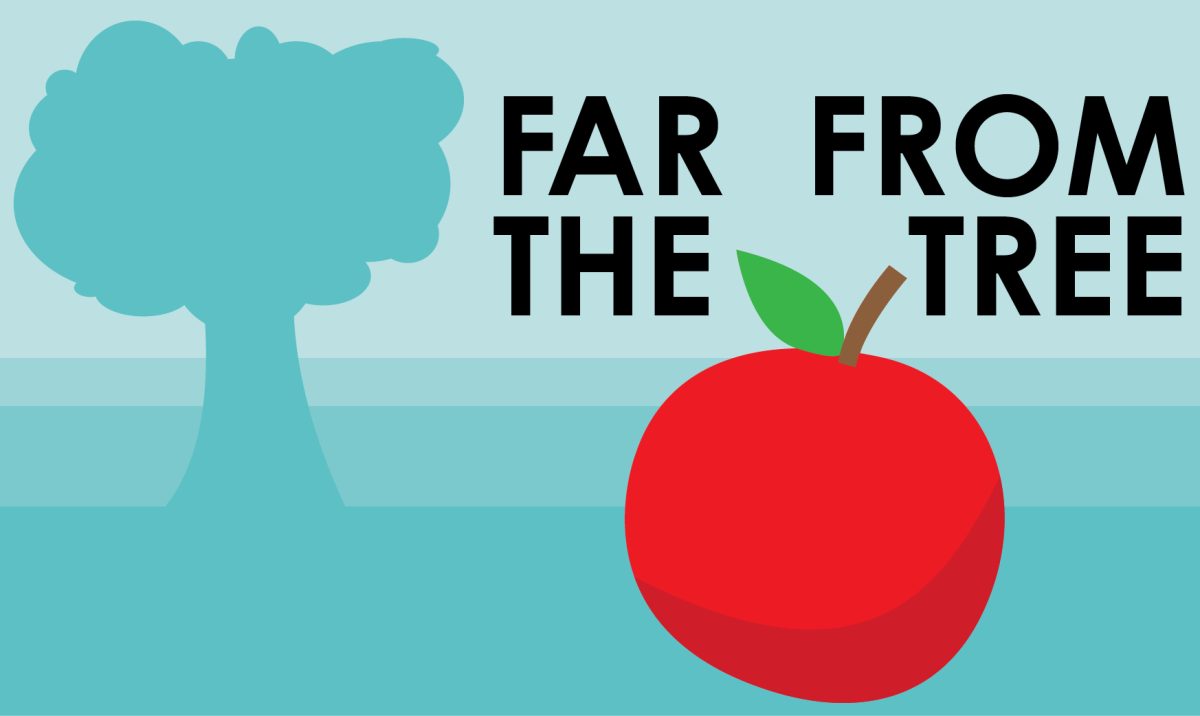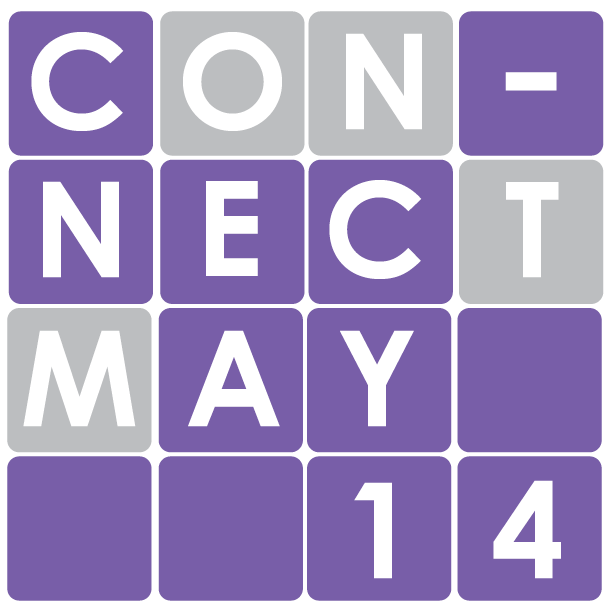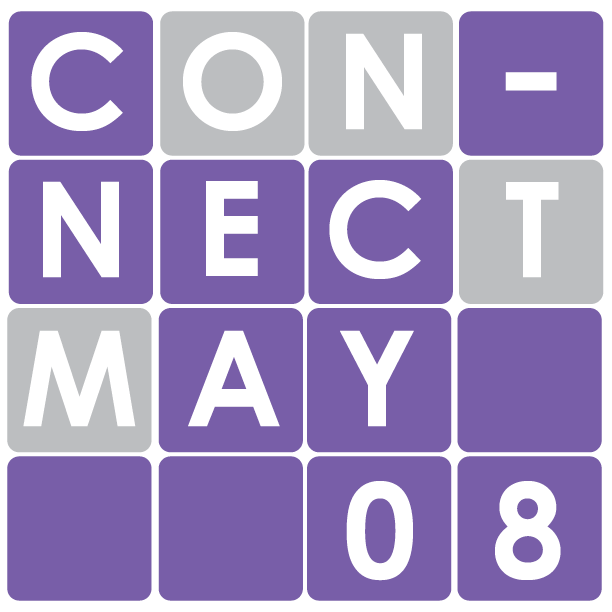Many people in the United States speak another language at home. According to WordsRated, 3.40 million people in the United States spoke Chinese at home as of 2024. This significant number allows for ties to be made between one’s language and heritage. Reflecting this sentiment, junior Melody Meng said her Chinese heritage has deep roots.
“My family has a very specific heritage from China,” Meng said. “We’re the 86th generation of the Meng scholars.”
Junior Ellen Jiang said her Chinese heritage allowed her to stay well-versed in the language, despite the obstacles.
“My parents immigrated from China in 2005,” Jiang said. “I was raised speaking Chinese until I was 5 when I started going to primary school.”
Tungfen Lee, Chinese teacher and National Chinese Honor Society sponsor, said she has seen firsthand how languages get passed down through generations.
“I am an immigrant, so my children are first generation here,” Lee said. “Their native language is very important to them. It enables them to communicate with their grandparents and relatives.”
Meng said there’s difficulties with staying fluent in your native language when you aren’t constantly immersed and surrounded by that language.
“I have a lot of friends whose parents don’t talk in Chinese at home or gave up when they were children,” Meng said. “It’s really difficult to stay fluent when your daily life is all in English.”
Like Meng, Lee said a student’s environment can determine their fluency in new or unfamiliar languages.
“A student’s environment can impact their fluency,” Lee said. “Whether or not their parents speak it at home, if they attend cultural events – it all impacts their understanding of the language.”
Jiang said her environment sets her up for fluency, but sometimes she doesn’t always take advantage of that.
“My parents only speak to me in Chinese, but I sometimes speak English back,” Jiang said. “I usually use a mix of Chinese and English at home.”
While speaking a language at home is vital, Lee said there is much more to fluency than just that.
“When both parents speak Chinese, the students typically use it in their daily conversation,” Lee said. “Fluency is much more than just daily conversation. You need to know how to talk about current events and economics, the more specific topics.”
Meng said repeatedly practicing and making the practice fun has improved her language skills.
“In school for AP Chinese, we just chat in Chinese with our friends,” Meng said. “It’s helpful to realize how fun it is to have another language to talk to people in.”
Lee said constantly striving for exposure is the best method for mastering your native language or any language.
“I would encourage students to expose themselves in a native language environment as much as possible,” Lee said. “Even just watching a movie in a different language over and over again will help.”
Jiang said, although staying fluent takes hard work, the impact is worthwhile.
“When I speak Chinese, I’m able to communicate with my elders or talk to people in China,” Jiang said. “It’s important to continue and preserve your native language for future generations.”
Meng said finding common ground with older generations is made easier through language.
“Learning your native language is so important for keeping cultural integrity,” Meng said. “When I’m speaking Chinese, it’s typically with my parent’s generation about culture. A common language makes the cultural exchange more direct.”
Lee said learning your native language allows for a deeper understanding of yourself and your ancestry.
“Learning a native language shows you a deeper and more detailed side of that culture,” Lee said. “It allows for more knowledge about someone’s origin and heritage, so they can find their identity. “
Meng said learning multiple languages should be better prioritized to bridge cultural differences.
“The current generation living in America is less well-versed in multiple languages,” Meng said. “There are also some cultural differences and gaps.”
Lee said she suggests everyone to learn another language, whether for heritage reasons or for fun.
“Emerge yourself in other languages,” Lee said. “Have the courage to speak up and practice, even if you make mistakes.”






























![Family vlogger controversy, need for content reform [opinion]](https://hilite.org/wp-content/uploads/2024/05/Screenshot-2024-05-14-11.33.37-AM-1200x465.png)




























![Review: Taylor Swift’s new album The Tortured Poets Department is not her best work but is still a brilliant album [MUSE]](https://hilite.org/wp-content/uploads/2024/05/The-Anthology_Cover-1200x675.webp)
![Review: Challengers does it all [MUSE]](https://hilite.org/wp-content/uploads/2024/05/challengers-poster-1200x600.png)
![Review: A House of Flame and Shadow by Sarah J. Maas was a disappointing read [MUSE]](https://hilite.org/wp-content/uploads/2024/05/house-of-flame-and-shadow-feature.png)
![Review: Conan Gray’s new album, “Found Heaven”, is a refreshing twist on modern music [MUSE]](https://hilite.org/wp-content/uploads/2024/05/Screenshot-2023-10-31-at-16.01.05.webp)
![Review: “Bodies, Bodies, Bodies” is the quintessential Gen-Z movie [MUSE]](https://hilite.org/wp-content/uploads/2024/05/Screenshot-2024-05-15-140618.png)
![Review in Print: Maripaz Villar brings a delightfully unique style to the world of WEBTOON [MUSE]](https://hilite.org/wp-content/uploads/2023/12/maripazcover-1200x960.jpg)
![Review: “The Sword of Kaigen” is a masterpiece [MUSE]](https://hilite.org/wp-content/uploads/2023/11/Screenshot-2023-11-26-201051.png)
![Review: Gateron Oil Kings, great linear switches, okay price [MUSE]](https://hilite.org/wp-content/uploads/2023/11/Screenshot-2023-11-26-200553.png)
![Review: “A Haunting in Venice” is a significant improvement from other Agatha Christie adaptations [MUSE]](https://hilite.org/wp-content/uploads/2023/11/e7ee2938a6d422669771bce6d8088521.jpg)
![Review: A Thanksgiving story from elementary school, still just as interesting [MUSE]](https://hilite.org/wp-content/uploads/2023/11/Screenshot-2023-11-26-195514-987x1200.png)
![Review: When I Fly Towards You, cute, uplifting youth drama [MUSE]](https://hilite.org/wp-content/uploads/2023/09/When-I-Fly-Towards-You-Chinese-drama.png)
![Postcards from Muse: Hawaii Travel Diary [MUSE]](https://hilite.org/wp-content/uploads/2023/09/My-project-1-1200x1200.jpg)
![Review: Ladybug & Cat Noir: The Movie, departure from original show [MUSE]](https://hilite.org/wp-content/uploads/2023/09/Ladybug__Cat_Noir_-_The_Movie_poster.jpg)
![Review in Print: Hidden Love is the cute, uplifting drama everyone needs [MUSE]](https://hilite.org/wp-content/uploads/2023/09/hiddenlovecover-e1693597208225-1030x1200.png)
![Review in Print: Heartstopper is the heartwarming queer romance we all need [MUSE]](https://hilite.org/wp-content/uploads/2023/08/museheartstoppercover-1200x654.png)






















![Review: “Ginny & Georgia” is a dramatic and poorly made emotional rollercoaster–and I loved it anyway [MUSE]](https://hilite.org/wp-content/uploads/2024/03/ginny-and-georgia-season2-main-be37bbb9487a41e88b3f66c3baacd5c3-300x177.jpg)
![Review: Witch Hat Atelier is a masterpiece in art and world-building, but the story has only begun [MUSE]](https://hilite.org/wp-content/uploads/2024/01/unnamed-211x300.png)
![Review: “Mysterious Lotus Casebook” is an amazing historical Chinese drama [MUSE]](https://hilite.org/wp-content/uploads/2024/03/0-300x170.webp)
![Review: “A Little Life” by Hanya Yanagihara is the epitome of a heartwrenching masterpiece [MUSE]](https://hilite.org/wp-content/uploads/2024/01/unnamed-5-300x200.png)

